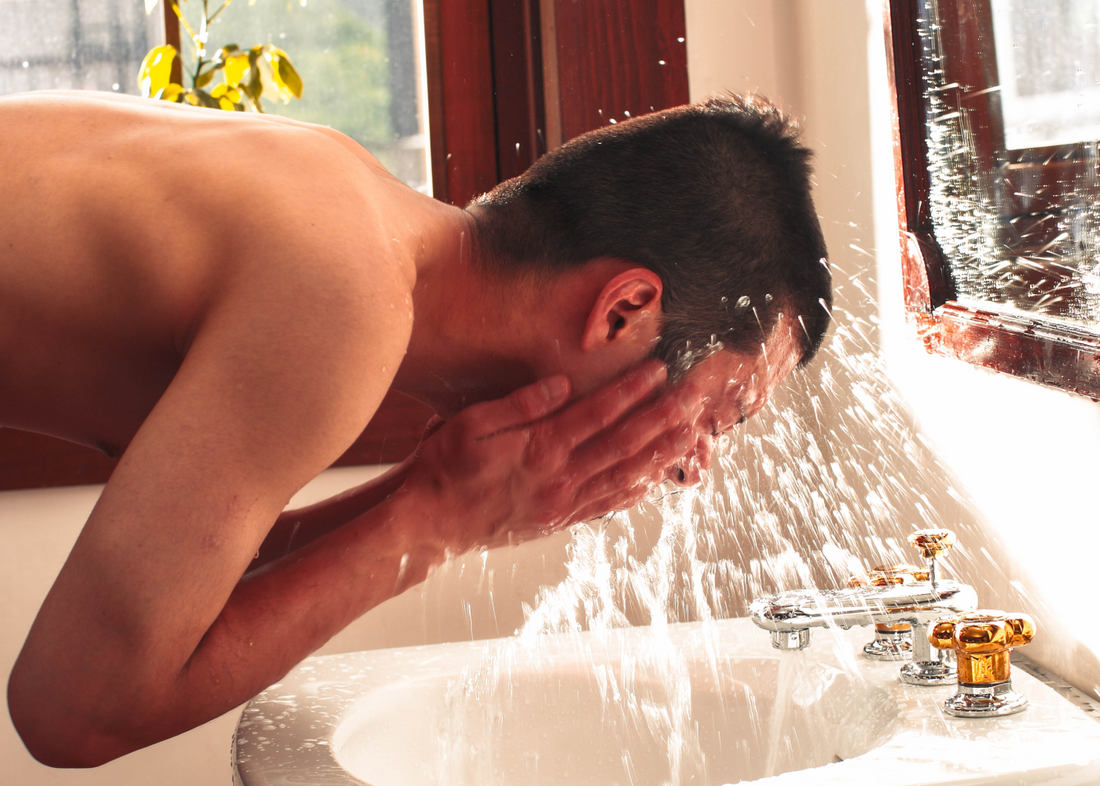
Everything You Never Knew You Wanted To Know About Pubic Hair
Pubes are decidedly unfashionable right now, with more and more dudes choosing to shave them all off. But should they be doing that? Here’s what your pubic hair is doing down there in the first place.
Why It’s There (and What it Does)
In addition to keeping our naughty bits warm, one theory argues that your pubic hair helps to reduce friction, since skin enthusiastically rubbing against skin during sex may cause rashes, irritation, skin abrasion and even STDs to our more sensitive areas. Despite 59 percent of women believing shaving their pubic hair is hygienic, it actually prevents bacteria and other unwanted pathogens from sneaking into our nooks and crannies — cases of both gonorrhea and chlamydia have seemingly increased as a direct result of pubic hair trimming and shaving, according to Scientific American.
As with most things to do with evolution, the most plausible theory as to why we have them at all argues that pubes at some point increased our chances of getting laid, and thus, reproducing. This is supported by the fact that pubic hair tends to show up during puberty, around the same time your apocrine sweat glands begin secreting pheromones — chemicals that our body produces to indicate that we’ve gone through puberty and may be able to produce offspring. This also explains why pubic hair begins to thin when men and women reach an age where they can no longer make the babies.
Shameless Plug: Unleash the power of precision with our Double Header Electric Trimmer. It's like a Swiss Army knife for your facial hair (and nether-nooks), minus the corkscrew.
Why It’s Different From Head Hair
Besides the idea that pubic hair is supposed to act as a cushiony buffer between your body and your partner’s body (as well as any germs that find their way in the middle), it’s not entirely clear why our hair down there is so distinctly thick, short and (usually) curly. One theory suggests that anything else would simply be impractical: To have long, luscious, flowing locks hanging down between your legs would be terribly inconvenient, especially during sexual intercourse. On the other hand, it’s sad to think about all those crazy pubic hair styles we’re missing out on.
Why It Falls Out Randomly
While it may seem odd that there’s a stray pube in almost every urinal you visit, the truth is that pubes don’t shed any quicker than any other hair. Generally speaking, we lose anywhere from 50 to 100 hairs per day. It’s possible that pubes end up in the urinal more often than not because they’ve already detached from the skin and fall from the underwear they're trapped in as soon as their owner pulls down his briefs — which would probably happen right above a urinal.
Why It Comes at a Cost
Although pubic hair has advantages, it also comes with the possibility of contracting Pthirus pubis — more commonly known as “crabs.” The evolutionary story of crabs is a remarkable one, according to a 2009 issue of the Journal of Biology:
"On the basis of morphology, human Pthirus pubis is closely related to the gorilla louse, Pthirus gorillae. Molecular phylogeny indicates that human pubic lice diverged from gorilla lice as recently as 3.3 million years ago, whereas the chimp and human host lineage split from the gorilla lineage at least 7 million years ago. Thus, it seems clear that humans acquired pubic lice horizontally, possibly at the time of the Pthirus species’ split and probably directly from gorillas. Because they were already adapted to the coarse body hair of the gorilla, crabs would have found a suitable niche in human pubic hair."
You read that right: We caught crabs from gorillas...but not for the reason you might be picturing. It’s speculated that our distant, distant ancestors caught crabs not through interspecies sex, but rather because they were butchering and eating gorillas. This close contact with gorilla carcasses would have allowed the gorilla louse (Pthirus gorillae) to hop hosts and adapt to the recognizably coarse pubic hair of humans (who hadn’t figured out pants yet). Interestingly enough, our current cultural preference of removing our pubes altogether has seen clinics noticing a significant fall in the occurrence of pubic lice, especially among patients that shave some or all of their pubic hair. So pick your path: Keep your pubic hair and reduce your chances of contracting gonorrhea and chlamydia, or shave it off and reduce your chances of contracting crabs. It’s like the worst choose-your-own-adventure book ever!
